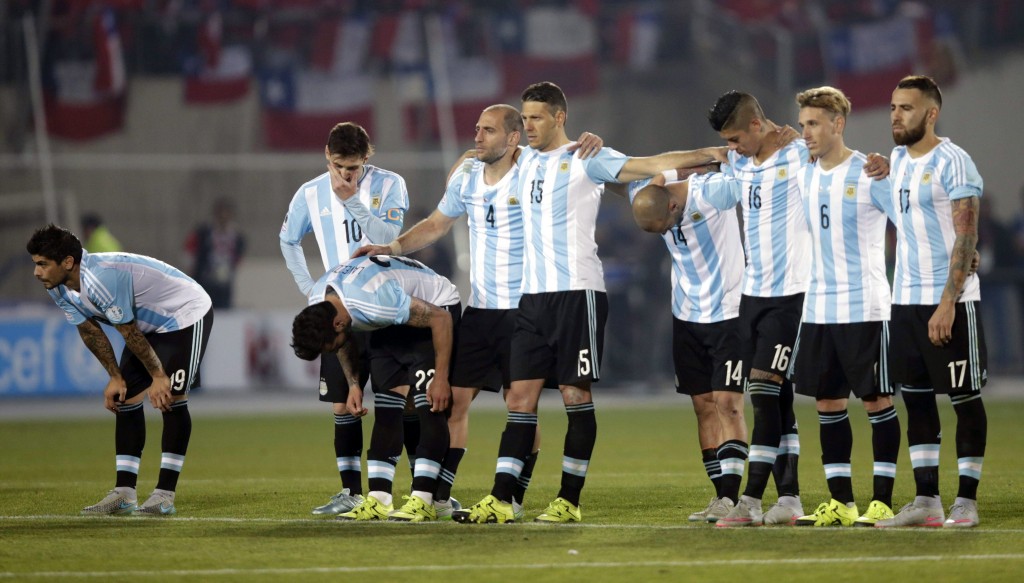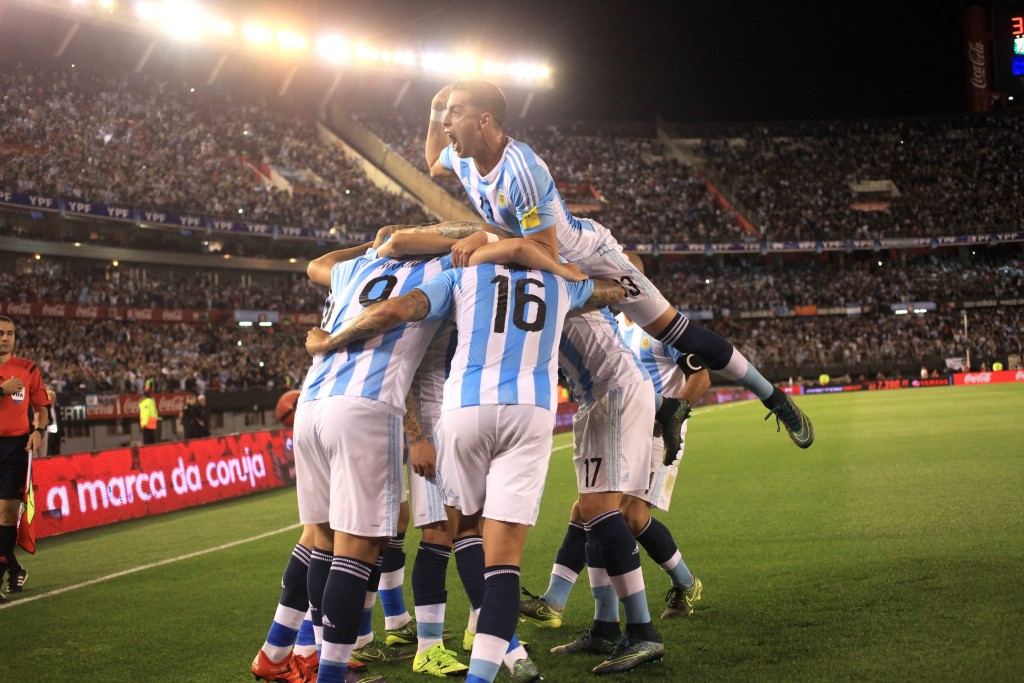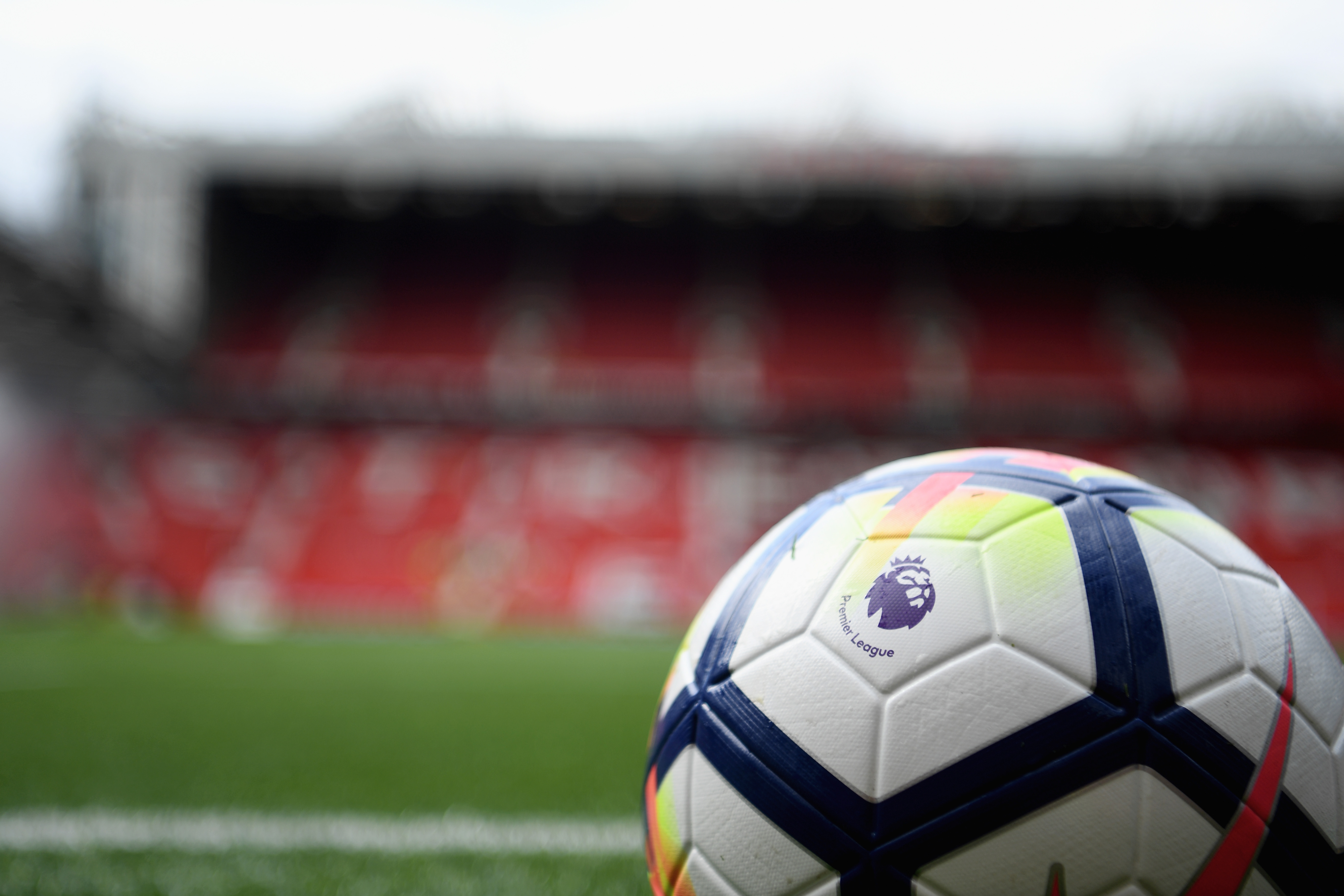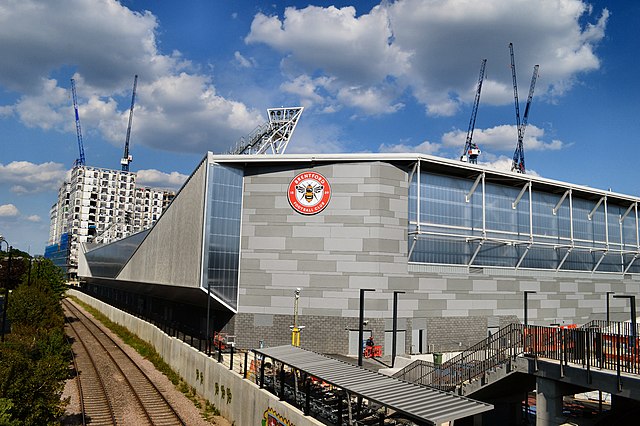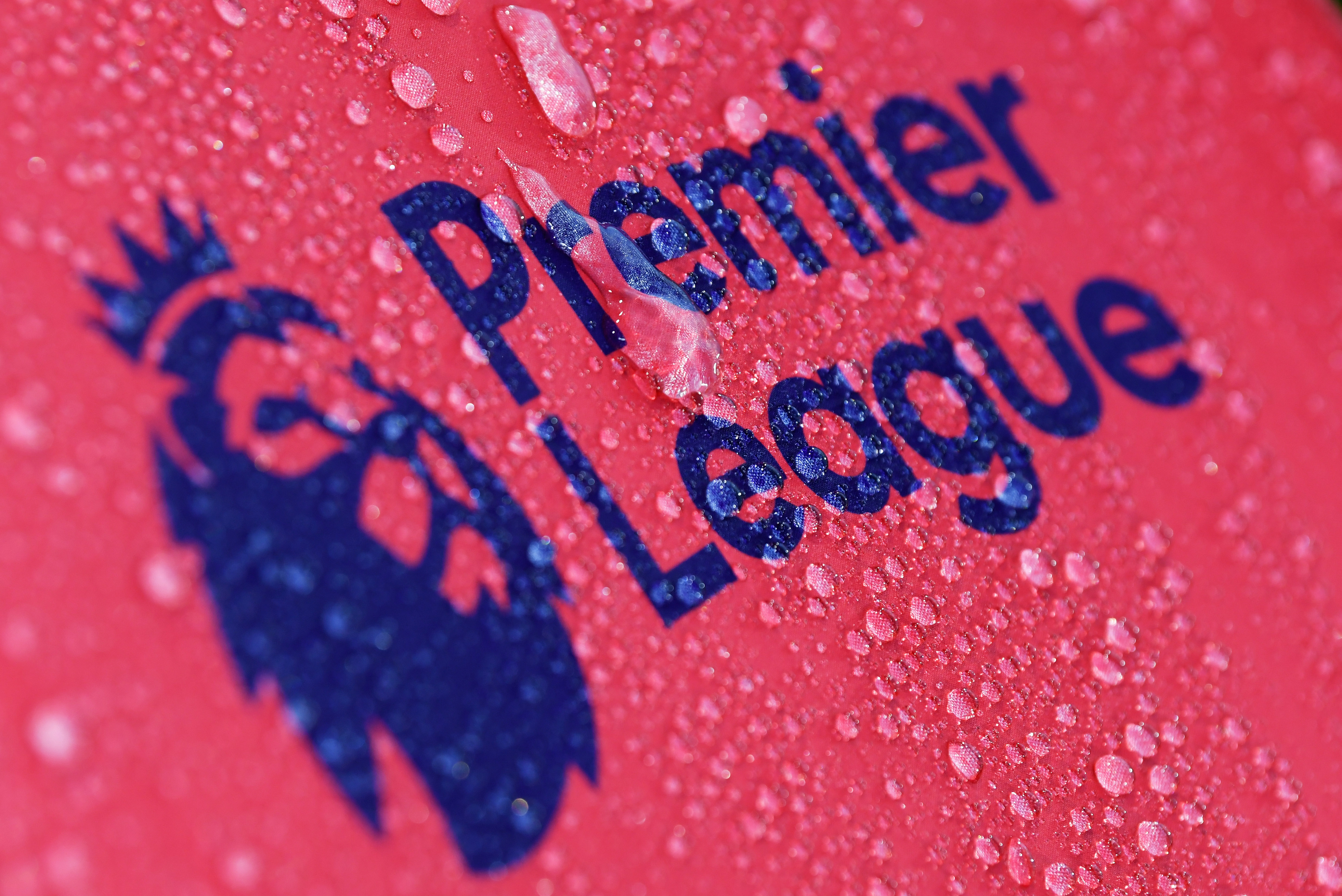La Albiceleste are yet to win a 2018 FIFA World Cup qualifier — drawing their previous game 1-1 against Brazil — and must now make history to become the first South American team to qualify for a World Cup after failing to win any of their first three qualifiers
1970: none of the members of the current Argentina national team had been born, manager Gerardo Martino was just 8 years old, and the legendary Diego Maradona was almost a decade away from making his national team d but and scoring his first goals for La Albiceleste. It was the first time Argentina had failed to qualify for the World Cup, and the country watched as one of the greatest World Cup teams of all time — the special Brazil 1970s side led by Pel — lifted the trophy in Mexico.
Until then, the Argentines had a relatively modest record at the World Cup — reaching the final in the inaugural 1930 tournament held in Uruguay, but failing to make it past the quarter-finals since then. It was a transitional period for Argentinian football, and the failure to qualify for Mexico 1970 ostensibly did not result in as much public opprobrium as would occur if La Albiceleste fail to book their passage to Russia.
For Argentina have since won two World Cups (and finished second twice), and now have arguably their greatest player ever in the national side. This Argentina team is filled with world-class footballers, most of whom have a wealth of experience in major competitions with their country, and most of whom came tantalisingly close to winning the World Cup as recently as 2014.
Yet Tata Martino’s men, who also reached the final of the Copa Am rica in 2015, have started their CONMEBOL qualification campaign in disastrous fashion — losing their opening match at home to Ecuador, playing out a soporific goalless draw against Paraguay, and recently being held 1-1 by Brazil after opening the scoring.
History suggests that the 2018 World Cup will not feature Argentina, that it will be without the likes of Lionel Messi and Sergio AgA?ero.
Starting with the game against Colombia on Tuesday, La Albiceleste must turn their fortunes around to defy history and become the first South American team to qualify for the tournament proper after such a poor start.
Have Argentina already peaked?
The past year and a half could have been the greatest in the football history of Argentina. Instead, Lionel Messi and co. were desperately unlucky to be thwarted at the very last hurdle, both at the 2014 FIFA World Cup in Brazil, as well as the 2015 Copa Am rica in Chile.
The psychological impact of following the incredible high of reaching the final of a major tournament, with the devastating low of failing to win it after coming so close — twice within the span of a year — might have been crushing. It raises questions about the motivation level of the players, particularly some of the older ones who could well have missed out on their best ever chance to win a World Cup for their country.
Argentina still seem hungover from the World Cup and the Copa Am rica, seemingly unable to lift themselves from those crushing disappointments. It is perhaps the subliminal psychological effects of this lingering disappointment that explains the lack of spark and inspiration in Tata Martino’s squad.
This isn’t a phenomenon new to international footballer either. France won the World Cup in 1998, the Euros in 2000, before crashing dramatically in 2002. Spain were the holders of the same two trophies in 2014, when they suffered a humiliating group-stage exit in Brazil. More recently, the Netherlands failed to qualify for EURO 2016, after an extremely impressive 2014 World Cup. Of course, all of these teams had specific issues of their own, but it is hard not to wonder how much the lack of motivation following a ‘peak’ influenced the disappointing outcomes.
The Argentina squad is largely filled with players above the age of 26, and although the 2018 World Cup is by no means out of reach for most of them, no team has reached the final of consecutive World Cups this millennium.
Argentina need fresh blood like Paulo Dybala and A?ngel Correa, but also a manager that is able to motivate the players and make them believe that they have another shot at the big prize. Atl tico Madrid manager Diego Simeone would be ideal for the national team, and it is perhaps that type of presence they need to claw their way back in a difficult CONMEBOL group.
Argentina must overcome Messi’s absence against Colombia
Someone who can provide some much-needed inspiration on the pitch is Lionel Messi, but the FC Barcelona forward has yet to make an appearance in the 2018 qualifiers due to injury. Tata Martino’s men have felt his absence keenly, evidenced by their lack of goals — Argentina have scored only once in their opening three games.
The unavailability of Sergio AgA?ero has not helped in that respect either, but it would be folly to think that Messi’s eventual return is the panacea to Martino’s problems. The defence has looked vulnerable — particularly susceptible to counter-attacks — and even with Messi, Martino has not quite found the right formation to accommodate La Albiceleste’s plethora of world-class attacking talent.
A 4-2-3-1 and particularly a 4-3-3 has been favoured, but Martino’s conservative midfield combination of Javier Mascherano, ver Banega and Lucas Biglia played against a struggling Brazil was disappointing. Argentina found themselves controlling much of the game, but apart from the goal, struggled to really create enough clear-cut opportunities to score.
.
Playing Colombia away is not an easy assignment, and it will not be surprising if Martino persists with the same formation. However, Chile revealed many of the cracks in Jos P kerman’s side in their 1-1 draw on Thursday, and a more attacking line-up could cause problems for the Colombian defence.
The inclusion of rik Lamela, A?ngel Correa or Paulo Dybala in the starting XI could give Argentina that added bit of creativity to unlock the opposition defence, and with Argentina desperately needing to get their first 3 points of the campaign, a few risks may be necessary.
The good news for Argentina is that they have several more games over the next couple of years to get back on track. The bad news is that the likes of Colombia, Brazil, Chile and Uruguay are all likely to get better, while Ecuador have shown they are no pushovers themselves.
Even in the absence of Messi, AgA?ero and Tevez, Argentina must show the sort of character that took them to the World Cup final in Brazil and the Copa Am rica final in Chile, and kick-start their bid to make history on Tuesday, when they face Colombia.
A repeat of 1970 would be a disaster — a World Cup without Messi unimaginable. This qualification campaign and the 2018 World Cup in Russia could well define this era of Argentinian football, and La Albiceleste must avoid an anticlimactic end to it.

